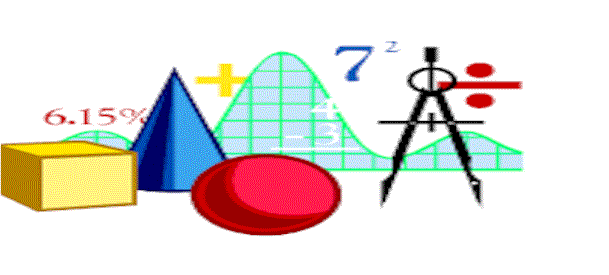
isEqual

|
isEqual
|
The isEqual comparison function determines if two object arguments are equal .
The resulting value is a Boolean value of true or false. The isEqual behaves
exactly like the compareEQ function
The isEqual function returns true if the argument {obj1} the argument
{obj2} are equal; otherwise false is returned. Two objects are considered equal
if they are the same type, each character value is the same, and the case is the same.
The isEqual comparison function determines if two object arguments are equal .
The resulting value is a Boolean value of true or false. The isEqual behaves
exactly like the compareEQ function. The #void constant will always be less than any other value.
The isEqual function returns true if its arguments are equivalent; otherwise false
is returned. Two native objects are equivalent if they are equal after coercion.
Two compound objects are equal if they have the same type and if their individual
components are equivalent.
The isEqual function returns true if its arguments are equivalent; otherwise false
is returned. Two native objects are equivalent if they are equal after coercion.
Two compound objects are equal if they have the same type and if their individual
components are equivalent.
The isEqual function returns true if its arguments are equivalent; otherwise false
is returned. When the arguments are both functions, the object ids of each function
will be compared.
Usage The isEqual function when you wish to compare two object arguments and determine
if they are equal and you wish the result to be a Boolean. The isEqual
function compares the keys and values of the two object arguments. Two objects are considered equal
if they are the same type, each character value is the same, and the case is the same.
The isEqual function uses a case-sensitive comparison to determine if two
objects are equal. An alternate method would be to use the compareEQ function
or the = function. If a case-insensitive comparison is desired, then the
stringCiEQ and substringCiEQ functions are available.
The isEqual function is used to determine if two Numbers are equal.
The isEqual function is used to determine if two Dates are equal.
The isEqual function is used to determine if two functions object
ids are equal.
The isEqual function is used to determine if two Complex Numbers are equal.
String
Void
Number
Date
Function
String
Number
Date
Function
Complex
(isEqual obj1 obj2) If the obj1 and obj2 are of the same type and they are equal, a Boolean value
true is returned. Otherwise false is returned
Expression:
Arguments
Name
Type
Description Argument: obj1 Character, String, Symbol, Vector, BitVector, ByteVector, IntVector, Void, Function
FltVector, ObjVector, Structure, Dictionary, Directory, Brick, Pair, List
Matrix, NumMatrix, ShortVector, Integer, Float, Number, Complex, Boolean, Date
An Analytic Object Argument: obj2 Character, String, Symbol, Vector, BitVector, ByteVector, IntVector, Void, Function
FltVector, ObjVector, Structure, Dictionary, Directory,
Pair, List
Matrix, NumMatrix, Integer, Float, Number, Complex,ShortVector, Boolean, Date
An Analytic Object
Returns:
Here are a number of links to Lambda coding examples which contain this instruction in various use cases.
Here are the links to the data types of the function arguments.
Here are also a number of links to functions having arguments with any of these data types.

|
Analytic Information Server (AIS)AIS Component Systems
|